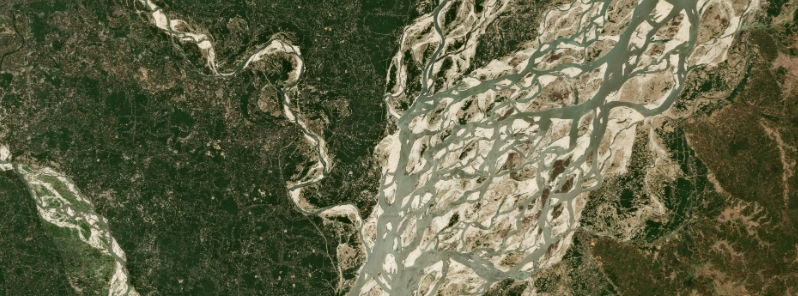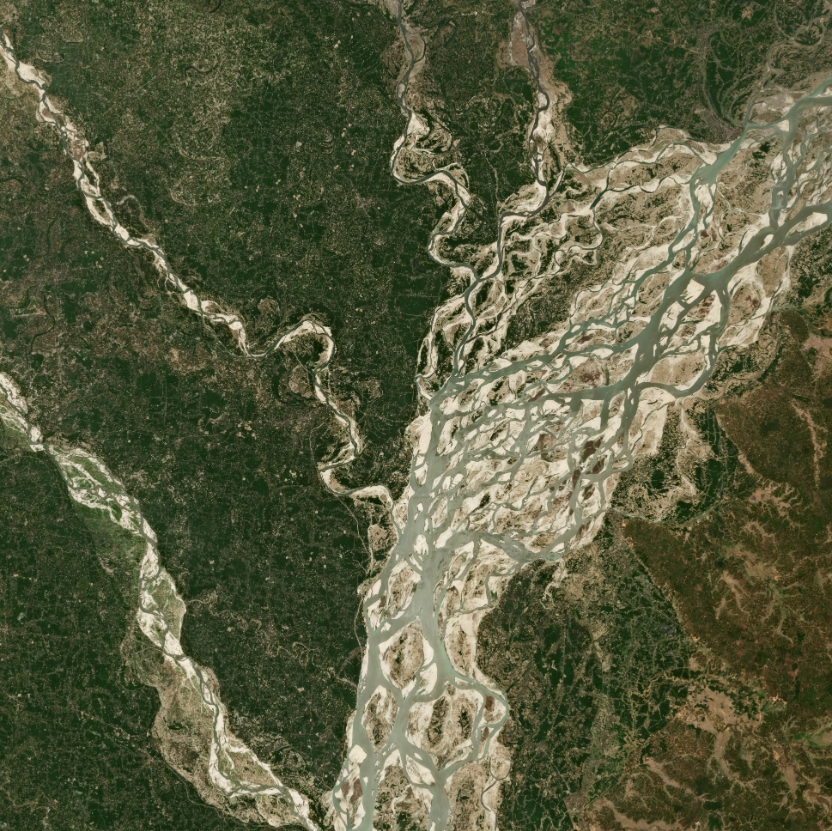Second wave of flooding expected in 23 districts of Bangladesh, 1.3 million already affected

At least 23 districts of Bangladesh are forecast to experience a second bout of floods as water levels in major rivers keep rising due to heavy rains, the state minister said Sunday, July 12, 2020. More than 1.3 million people have already been affected, while tens of thousands of families have been displaced.
Bangladesh State Minister for Disaster Management and Relief Md Enamur Rahman said they have rushed teams of disaster response forces to conduct rescue operations, distribute relief goods, and supervise centers where affected families have taken refuge.
The country had earlier faced short-term flooding between June 26 and July 7. During this period, "1 309 150 people were affected due to the floods in 15 districts (out of the country's total 64 districts)," a daily disaster situation report revealed on Sunday, which was prepared by the National Disaster Response Coordination Center.
Officials noted that floods triggered by heavy seasonal rainfall, as well as an onrush of water from hills across the Indian borders, have worsened again in the past week.

Image credit: Copernicus EU/Sentinel-2, Acquired July 11, 2020.
Md Arifuzzaman Bhuiyan, Bangladesh Water Development Board executive engineer, said the second wave of flooding may go on for over 15 to 20 days as water levels of all three major river basins are expected to rise this week.
The Brahmaputra and Jamuna rivers may exceed their danger marks at major points after Sunday, and the water levels may hit their peak on July 17, the Flood Forecasting and Warning Center said. Meanwhile, the water level of the Padma River may reach its peak on July 19.
Floods in parts of Bangladesh have affected over 1.3 million people and displaced tens of thousands of families https://t.co/SYOfii1xZ8 #AsiaAlbum pic.twitter.com/KOW7lyjBvm
— China Xinhua News (@XHNews) July 13, 2020
Flood submerged thousands village home, market and road of Kalmakanda upazila, Netrakona district.
Flood situation in #Bangladesh is worsening in every hours. People need emergency food supports and shelter. pic.twitter.com/gXDF4kBesn
— Ershad Khan (@ershadkhandu) July 13, 2020
Active monsoon & onrush of water from upstream inundating northern, northeastern districts of #Bangladesh. As the battle against #COVID19 continues,@BDRCS1 preparing for this fresh #floods
13400 food packs allocated
6 water purify machines deployed
Volunteers on the ground. pic.twitter.com/5qevAsvr39— Raquib Rony (@raquibrony) July 13, 2020
Millions of citizens suffer from inundations as the low-lying nation ace seasonal floods almost every year in July.
Recent flooding has caused widespread damage to properties, infrastructure, and crops across wide swaths of Bangladesh.

Featured image credit: Copernicus EU/Sentinel-2

Commenting rules and guidelines
We value the thoughts and opinions of our readers and welcome healthy discussions on our website. In order to maintain a respectful and positive community, we ask that all commenters follow these rules:
We reserve the right to remove any comments that violate these rules. By commenting on our website, you agree to abide by these guidelines. Thank you for helping to create a positive and welcoming environment for all.